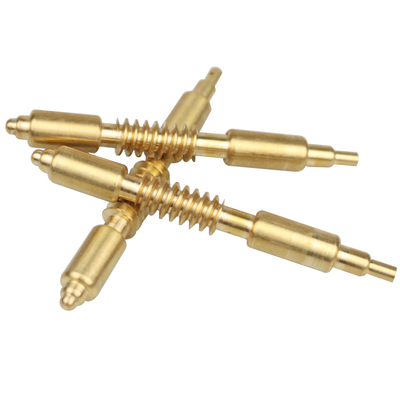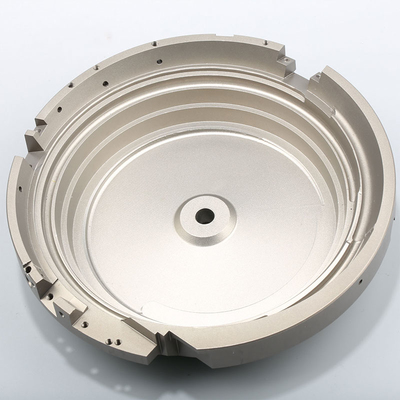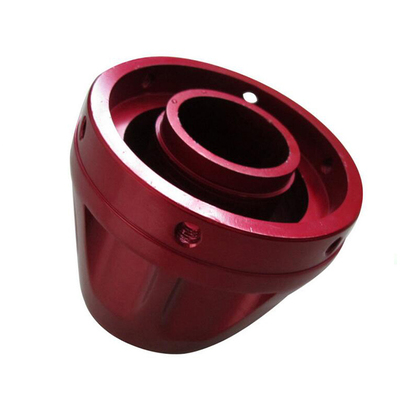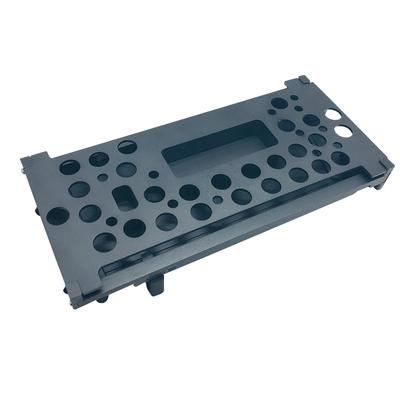Distributed Production: Transforming the Way We Produce
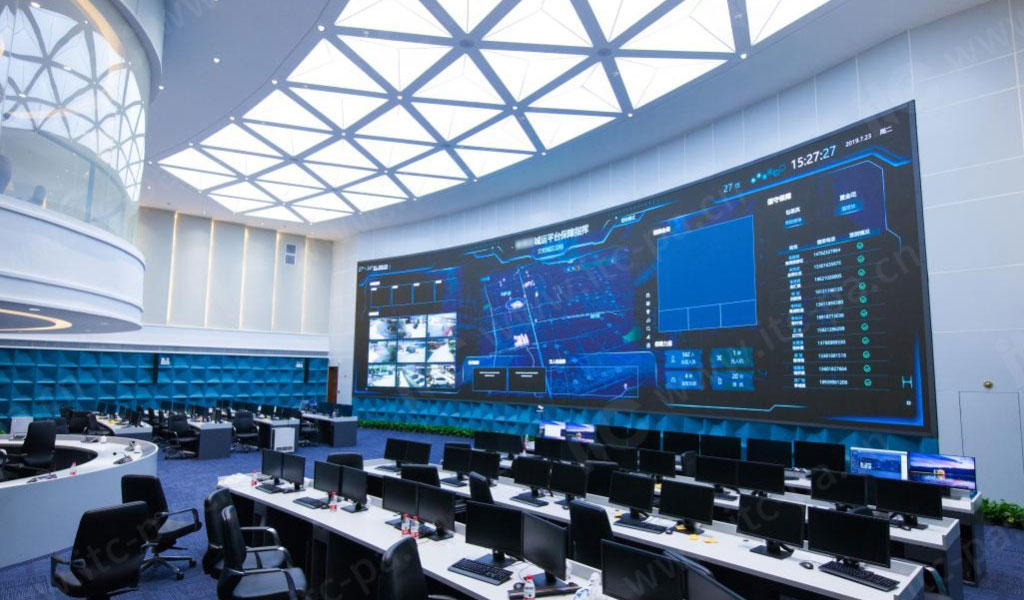
Distributed production, often referred to as decentralized manufacturing, represents a shift from traditional centralized production models to systems where manufacturing capabilities are dispersed across multiple locations. This model leverages advanced technologies, such as digital fabrication, 3D printing, and the Internet of Things (IoT), to create a more agile and responsive production landscape.
2. Historical Context
The evolution of production methodologies can be traced back to the industrial revolution, where mass production dominated. However, the limitations of mass production—such as inflexibility, high transportation costs, and environmental impact—led to the exploration of alternative manufacturing models. The rise of digital technologies in the late 20th and early 21st centuries paved the way for distributed production, enabling manufacturers to produce goods closer to the point of demand.
3. Technological Advancements
3.1. 3D Printing
3D printing, or additive manufacturing, is a key technology in distributed production. It allows for the creation of complex geometries without the need for extensive tooling or setup. This technology can be deployed at various scales, from small desktop printers to large industrial machines, making it accessible for local production.
3.2. IoT and Smart Manufacturing
The integration of IoT in manufacturing facilitates real-time monitoring and control of production processes. Smart factories equipped with IoT sensors can gather data on machine performance, inventory levels, and production efficiency, enabling manufacturers to optimize operations and reduce waste.
3.3. Cloud Computing
Cloud computing plays a crucial role in distributed production by enabling data sharing and collaboration across geographically dispersed teams. It allows manufacturers to access advanced analytics, design tools, and production resources remotely, fostering innovation and efficiency.
4. Applications Across Industries
4.1. Consumer Goods
In the consumer goods sector, distributed production allows for customized products tailored to local preferences. Brands can set up localized production facilities to reduce lead times and respond quickly to changing market demands.
4.2. Automotive
The automotive industry is increasingly adopting distributed production to enhance supply chain resilience. By establishing local production hubs, manufacturers can mitigate risks associated with global supply chains, such as disruptions from natural disasters or geopolitical tensions.
4.3. Aerospace
In aerospace manufacturing, distributed production can facilitate the production of components in proximity to assembly plants. This approach reduces transportation costs and enables just-in-time production, critical in meeting stringent regulatory requirements.
4.4. Healthcare
Distributed production has significant implications for the healthcare industry, particularly in the production of medical devices and personalized treatments. Localized manufacturing can expedite the delivery of critical supplies and adapt to specific regional health needs.
5. Advantages of Distributed Production
5.1. Flexibility and Responsiveness
One of the primary advantages of distributed production is its ability to adapt quickly to changes in consumer demand. Localized production allows manufacturers to respond to market trends and customer preferences with greater agility.
5.2. Reduced Transportation Costs
By producing goods closer to the end user, distributed production minimizes transportation costs and reduces the carbon footprint associated with shipping products across long distances.
5.3. Enhanced Customization
Distributed production enables the production of customized products at scale. Manufacturers can leverage local insights to design products that meet specific regional needs, enhancing customer satisfaction.
5.4. Increased Supply Chain Resilience
Decentralizing production helps mitigate risks associated with supply chain disruptions. By diversifying production locations, manufacturers can ensure continuity in the face of unforeseen events.
6. Challenges of Distributed Production
6.1. Quality Control
Maintaining consistent quality across multiple production sites can be challenging. Implementing standardized processes and quality assurance measures is crucial to ensure that products meet regulatory and consumer expectations.
6.2. Initial Investment
Establishing distributed production capabilities often requires significant upfront investment in technology, infrastructure, and training. Manufacturers must carefully assess the financial implications before transitioning to a distributed model.
6.3. Workforce Training
As distributed production relies on advanced technologies, workforce training becomes essential. Ensuring that employees possess the necessary skills to operate and maintain new manufacturing technologies is critical for success.
7. Future of Distributed Production
The future of distributed production is poised for growth, driven by ongoing advancements in technology and changing consumer expectations. As sustainability and localism become increasingly important, manufacturers will continue to explore decentralized models that align with these values.
8. Conclusion
Distributed production represents a paradigm shift in the manufacturing landscape, offering numerous advantages while also presenting significant challenges. As technology continues to evolve, the potential for distributed production to transform industries and reshape the way we produce goods is immense.
Reprint Statement: If there are no special instructions, all articles on this site are original. Please indicate the source for reprinting:https://www.cncmachiningptj.com/,thanks!
 PTJ® provides a full range of Custom Precision cnc machining china services.ISO 9001:2015 &AS-9100 certified. 3, 4 and 5-axis rapid precision CNC machining services including milling, turning to customer specifications,Capable of metal & plastic machined parts with +/-0.005 mm tolerance.Secondary services include CNC and conventional grinding, drilling,die casting,sheet metal and stamping.Providing prototypes, full production runs, technical support and full inspection.Serves the automotive, aerospace, mold&fixture,led lighting,medical,bicycle, and consumer electronics industries. On-time delivery.Tell us a little about your project's budget and expected delivery time. We will strategize with you to provide the most cost-effective services to help you reach your target,Welcome to Contact us ( [email protected] ) directly for your new project.
PTJ® provides a full range of Custom Precision cnc machining china services.ISO 9001:2015 &AS-9100 certified. 3, 4 and 5-axis rapid precision CNC machining services including milling, turning to customer specifications,Capable of metal & plastic machined parts with +/-0.005 mm tolerance.Secondary services include CNC and conventional grinding, drilling,die casting,sheet metal and stamping.Providing prototypes, full production runs, technical support and full inspection.Serves the automotive, aerospace, mold&fixture,led lighting,medical,bicycle, and consumer electronics industries. On-time delivery.Tell us a little about your project's budget and expected delivery time. We will strategize with you to provide the most cost-effective services to help you reach your target,Welcome to Contact us ( [email protected] ) directly for your new project.
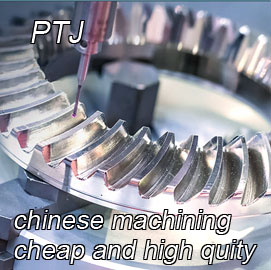
- 5 Axis Machining
- Cnc Milling
- Cnc Turning
- Machining Industries
- Machining Process
- Surface Treatment
- Metal Machining
- Plastic Machining
- Powder Metallurgy Mold
- Die Casting
- Parts Gallery
- Auto Metal Parts
- Machinery Parts
- LED Heatsink
- Building Parts
- Mobile Parts
- Medical Parts
- Electronic Parts
- Tailored Machining
- Bicycle Parts
- Aluminum Machining
- Titanium Machining
- Stainless Steel Machining
- Copper Machining
- Brass Machining
- Super Alloy Machining
- Peek Machining
- UHMW Machining
- Unilate Machining
- PA6 Machining
- PPS Machining
- Teflon Machining
- Inconel Machining
- Tool Steel Machining
- More Material

